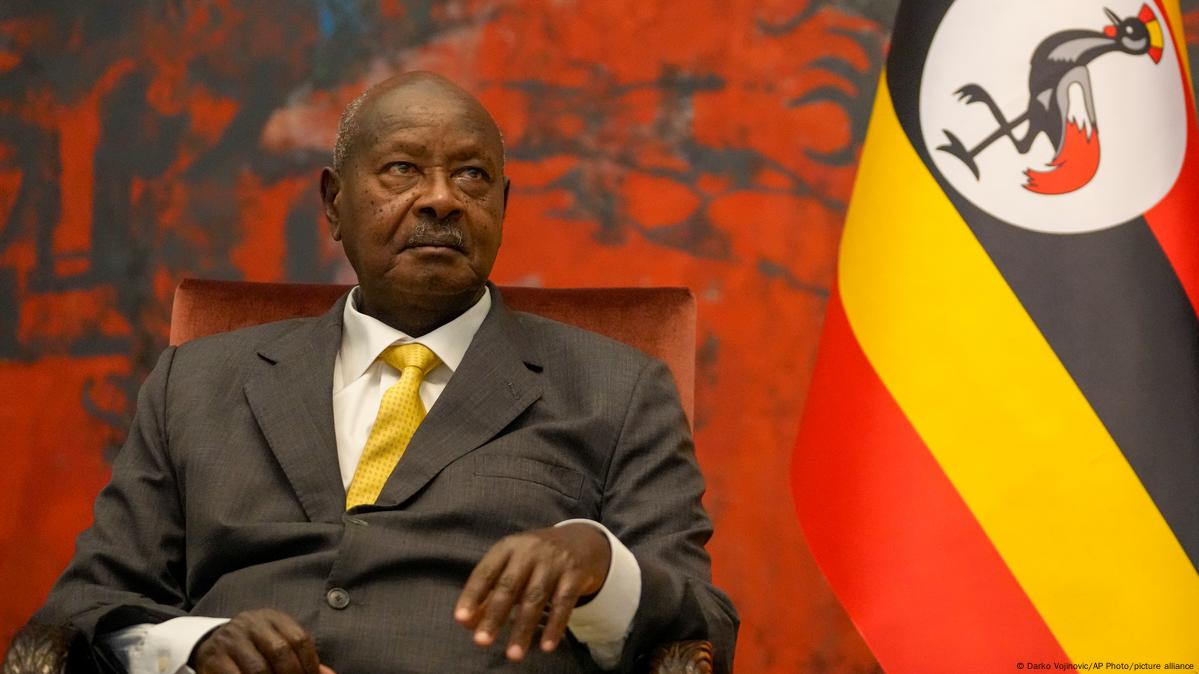
Museveni, 81, who took power in 1986 after a guerrilla war, is credited by supporters with stabilising the country, driving economic growth and leading an early, aggressive response to HIV/AIDS. Critics accuse his government of curbing dissent, tolerating corruption and using security forces to intimidate opponents.
Now Africa’s fourth longest-serving leader, Museveni has twice overseen constitutional changes that removed term and age limits, clearing the way for successive runs at office.
The 2026 vote is widely expected to pit Museveni against his main rival, 43-year-old opposition leader and pop star Bobi Wine, whose real name is Robert Kyagulanyi. Museveni defeated Wine in 2021; Wine alleged ballot stuffing and widespread intimidation, claims officials denied.
Museveni was the first presidential hopeful cleared by the commission, which said it would assess Wine’s paperwork on Wednesday.
Outlining priorities for another five-year term, Museveni told reporters he would focus on restoring public safety, improving roads and transport, and expanding healthcare and free education. He also vowed to tackle graft.
The government is banking on an oil-driven economic lift as Uganda prepares to begin crude exports next year, with officials projecting double-digit growth in the next fiscal period.
Opponents say Museveni relies on patronage networks and the military to maintain his grip on power. In May, comments attributed online to the army chief, General Muhoozi Kainerugaba—Museveni’s son—about a missing opposition activist triggered condemnation from rights groups; Reuters could not independently verify the remarks. Kainerugaba and the government have denied systematic abuses.
